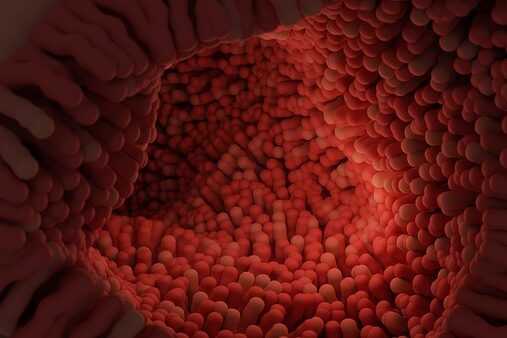At the Nutrigenomics Institute, we firmly believe in approaching health holistically: body, mind, and environment. The gut-brain axis , widely documented by the scientific community, reveals a two-way communication where the gut microbiota plays a central role.
Scientific evidence
A comprehensive review recently published in Cureus explores how microbiota influences mood disorders. The study highlights that certain gut bacteria—such as Bifidobacterium , Lactobacillus , and Escherichia —produce neurotransmitters (GABA, serotonin, dopamine, and other anti-inflammatory metabolites (SCFAs), affecting functions such as mood, anxiety management, sleep, and mental clarity ( PMC , Wikipedia ).
Although serotonin generated in the gut does not directly cross the blood-brain barrier, its local action is crucial for regulating motility, the gut barrier, and the immune system. It also communicates indirectly with the brain via the vagus nerve.
In animal models, transfer of microbiota from depressed patients induces depressive symptoms, while restoring a balanced microbiota improves emotional well-being ( Frontiers ).
In daily practice
In our nutrition consultations we observe daily how:
- An unbalanced gut can exacerbate stress, anxiety, and sadness.
- Chronic stress or anxiety negatively affects digestion, causing inflammation, bloating, or disturbances in digestion.
This interconnected cycle highlights that a holistic approach that addresses both nutrition and microbiota as well as emotional well-being is essential for healing and balance.
Our approach
- Personalized nutrition : rich in fiber, prebiotics, and fermented foods to promote the growth of beneficial bacteria.
- Support with evidence-based supplements (such as probiotics specific to the gut-brain axis).
- Tools for managing stress : from breathing practices to conscious pauses in your daily life.
Coming soon: Microbiome test
We are delighted to announce that we will soon be offering microbiome testing for both students and individual clients. These tests will allow us to accurately map each individual’s microbial composition, facilitating a completely personalized and effective nutritional and emotional strategy.
And you?
Have you noticed how your emotions affect your digestion? Or how small changes in your diet have improved your mental well-being? We want to know! Share your experience with us on social media, and we’d be happy to explore the path to holistic health with you.
Article reference :
Mehta I. et al. (2025). Gut Microbiota and Mental Health: A Comprehensive Review of Gut-Brain Interactions in Mood Disorders . Cureus , 17(3), e81447. ( Wikipedia , PMC )
Date: July 21, 2025
PHOTO: PIXABAY
Note: The Nutrigenomics Institute is not responsible for the opinions expressed in this article.






